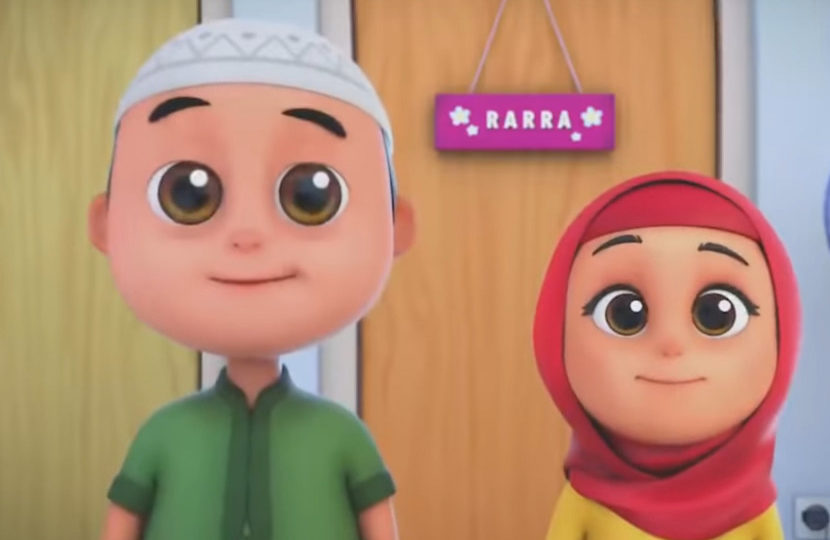An Indonesian cartoon for children has become the subject of a controversy related to Islamic radicalism ahead of the show’s movie debut.
Nussa is a popular children’s animation centered on the titular main character, a 9-year-old amputee, and his little sister, 5-year-old Rarra. The show actively promotes Islamic values, particularly in the context of the life of a young family.
On Jan. 10, the show’s studio, Visinema Pictures, dropped a trailer for a movie based on the show. The movie has no definite theatrical release date yet, though it may head straight to streaming due to the pandemic.
While the trailer itself was innocuous, some took aim at Nussa and accused the show of promoting Islamic radicalism. Among them was writer and staunch government supporter Denny Siregar, who took to Twitter to voice his concern that the show serves as propaganda by radical Muslims.
“Just look at what Nussa wears, do Muslim children in Indonesia wear outfits that are worn in the desert?” Denny tweeted, referring to Nussa’s trademark thobe.
Denny also said that Nussa is at least partly funded by Felix Siauw, a renowned controversial cleric who has been closely associated with the banned hardline group Hizbut Tahrir Indonesia (HTI).
Many came to Nussa’s defense, arguing that the subject matters explored by the animated series are far removed from radical values.
Nussa executive producer Angga Sasongko rejected Denny’s accusations, saying in a tweet that religious figures were not involved in any creative process for the show or movie.
The Commission for the Protection of Indonesian Children (KPAI) also waded in on the controversy, saying that while Nussa teaches positive values, there’s still room for it to promote tolerance among children.
“If the moral of the series is good for children and for their positive character development, then it should be targeted towards all Indonesian children regardless of their religion,” KPAI commissioner Retno Listyarti said.
Retno also compared Nussa to the Malaysian animated series Upin & Ipin, the latter of which undoubtedly influenced the former in terms of animation style and characters.
“Hopefully in the [Nussa] movie there will be other characters from different religions so they can respect each other. If we look at Upin & Ipin, it’s filled with diversity, in that there are Chinese and Indian characters even if the main characters Upin and Ipin are Muslim,” she said.





